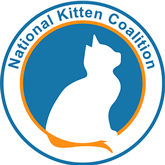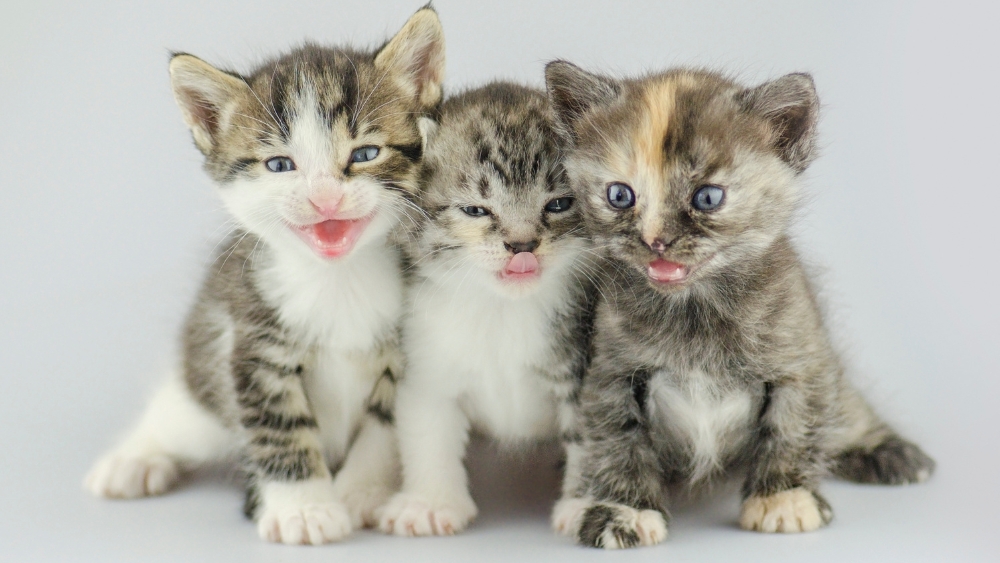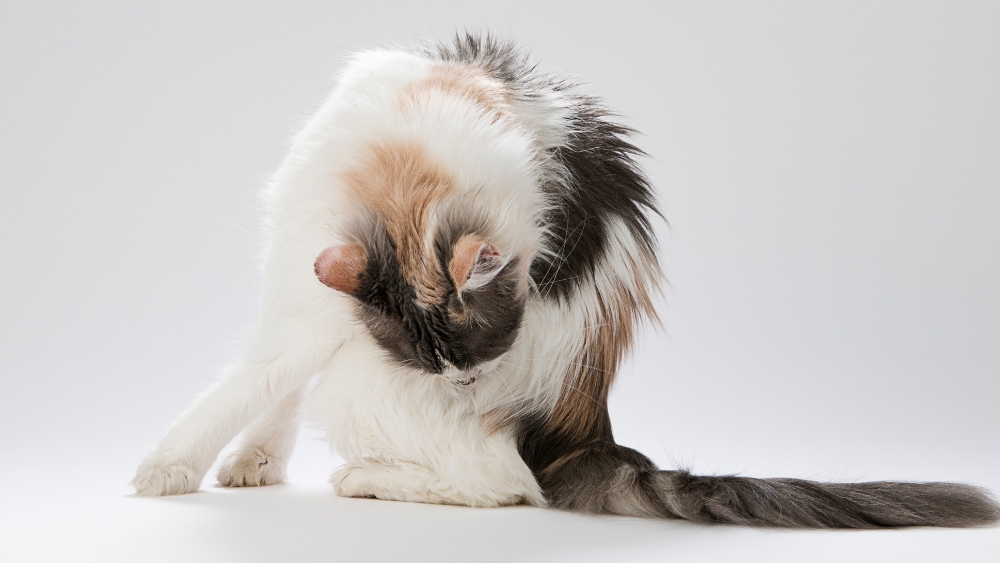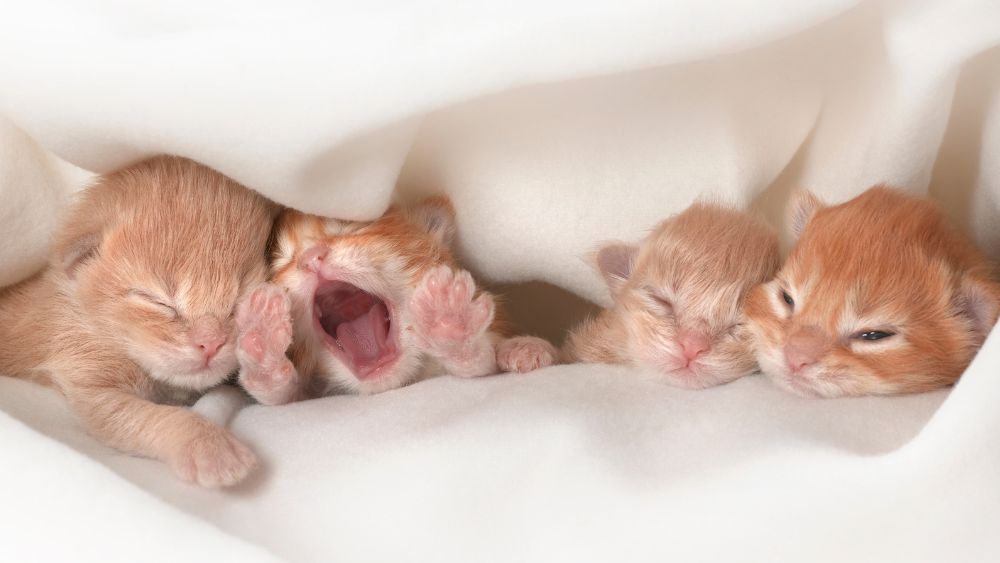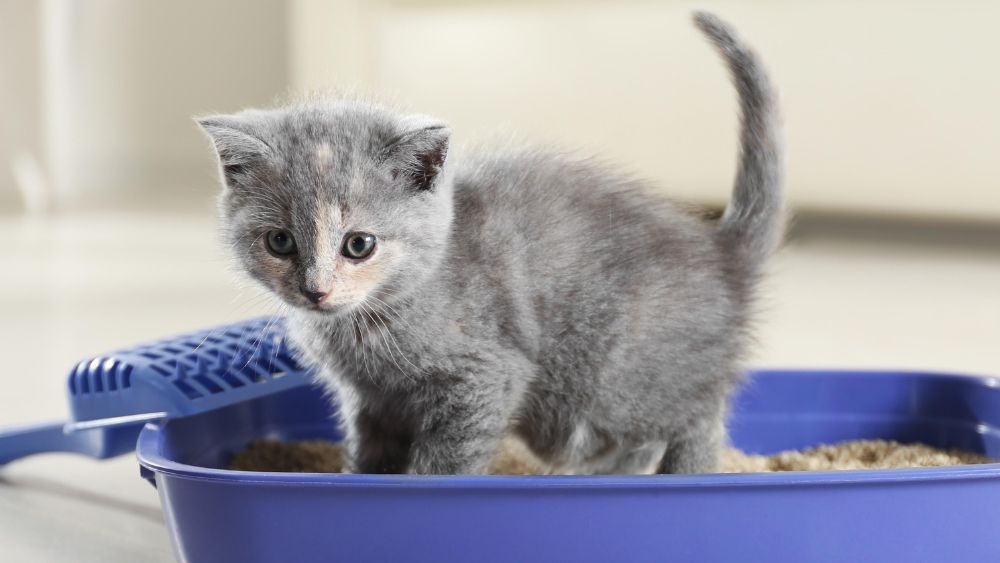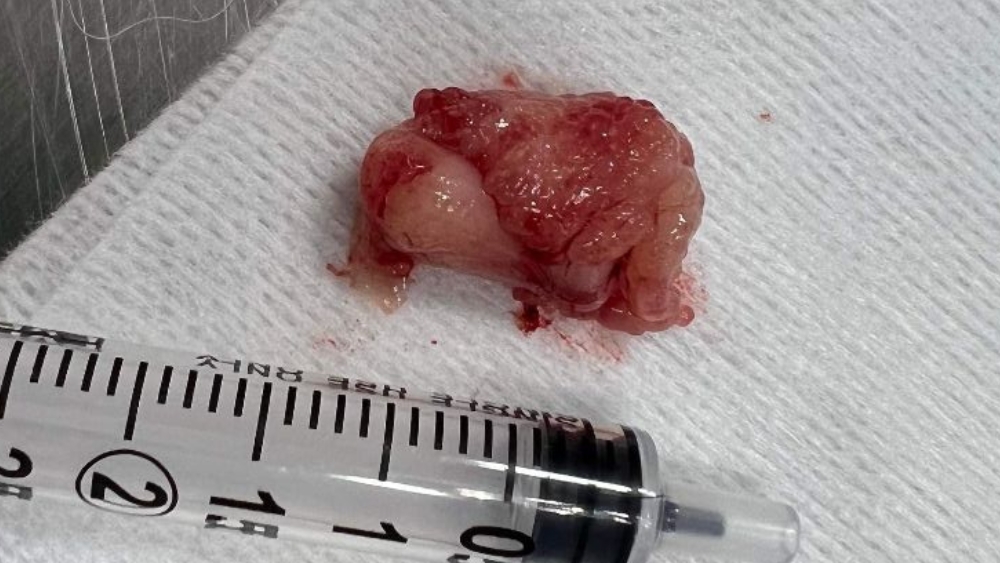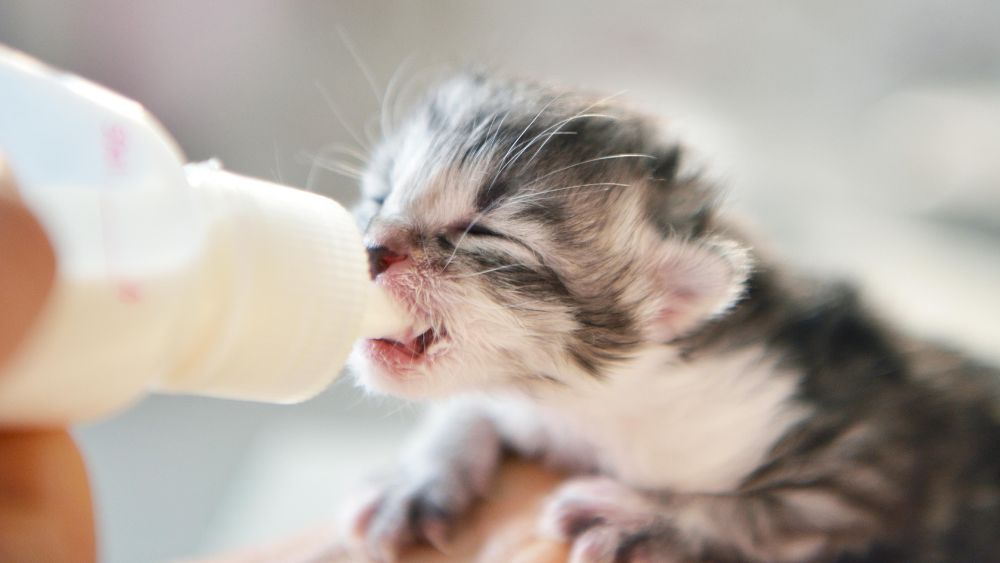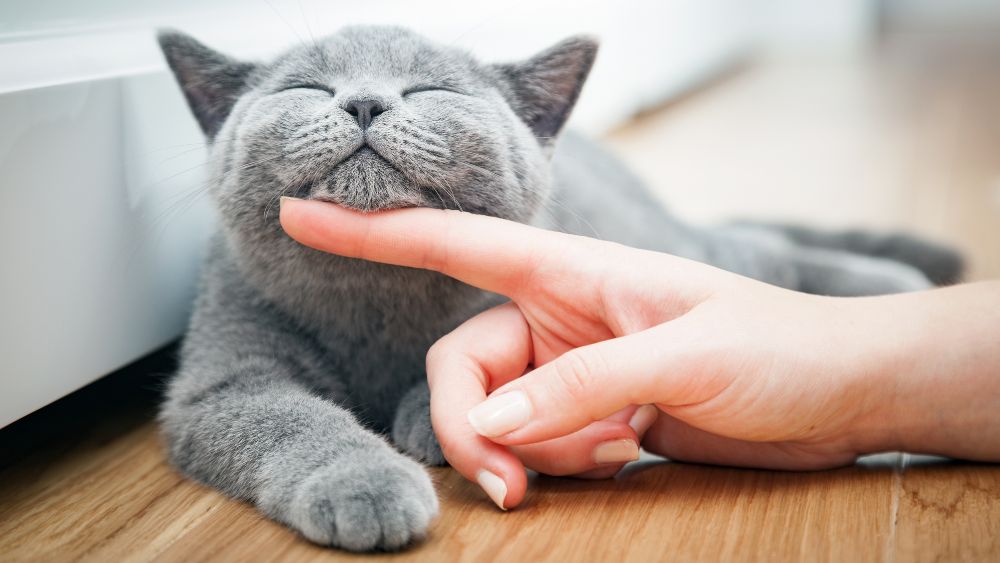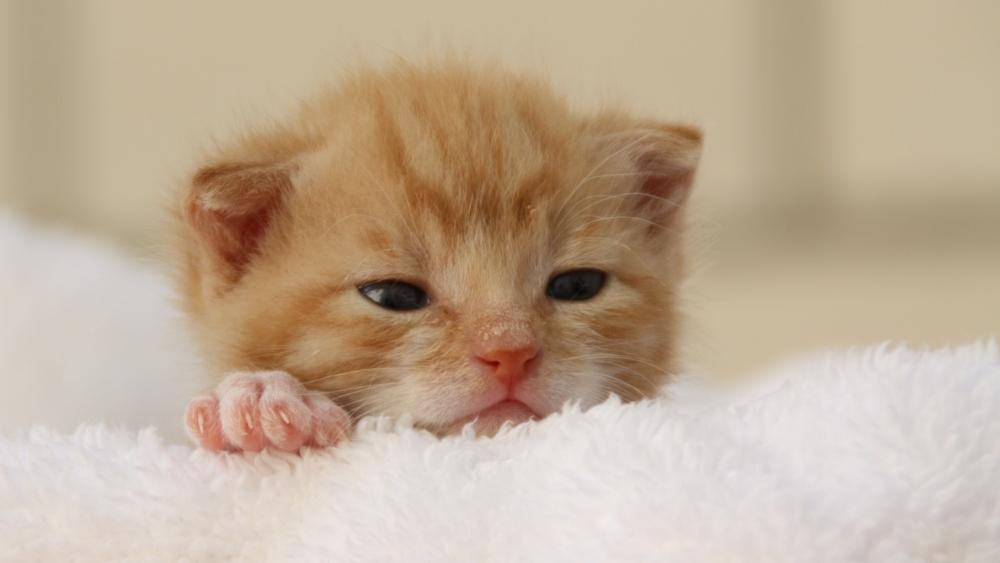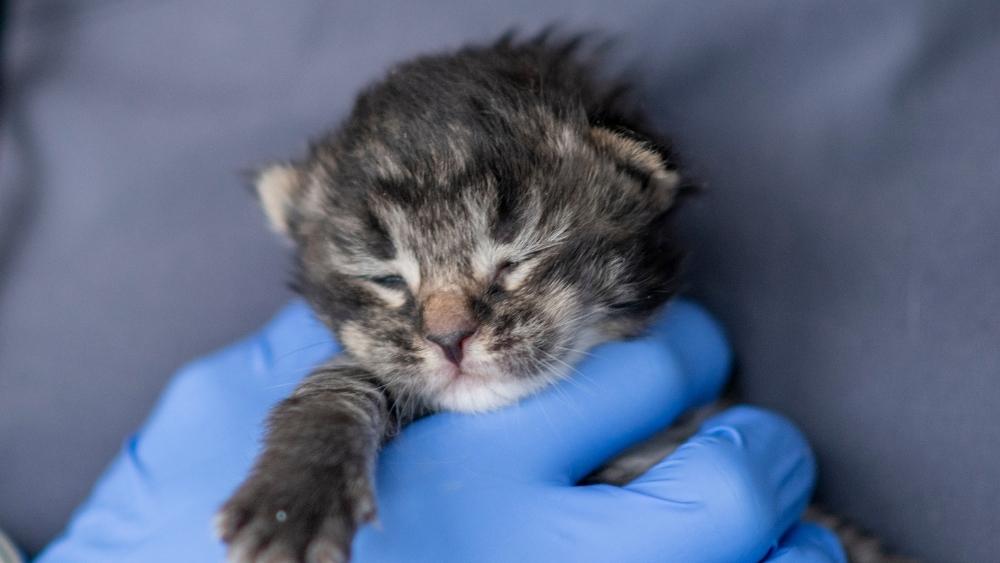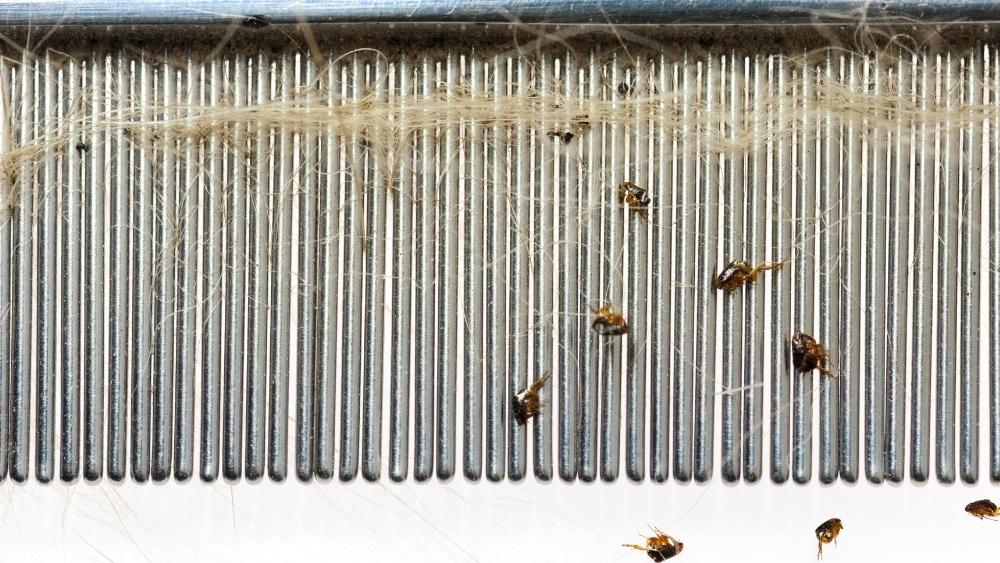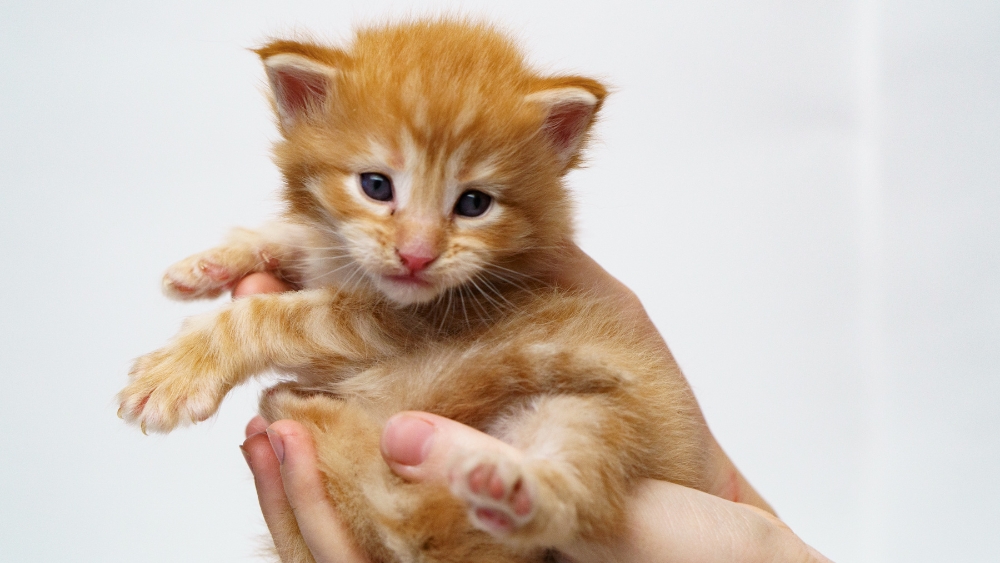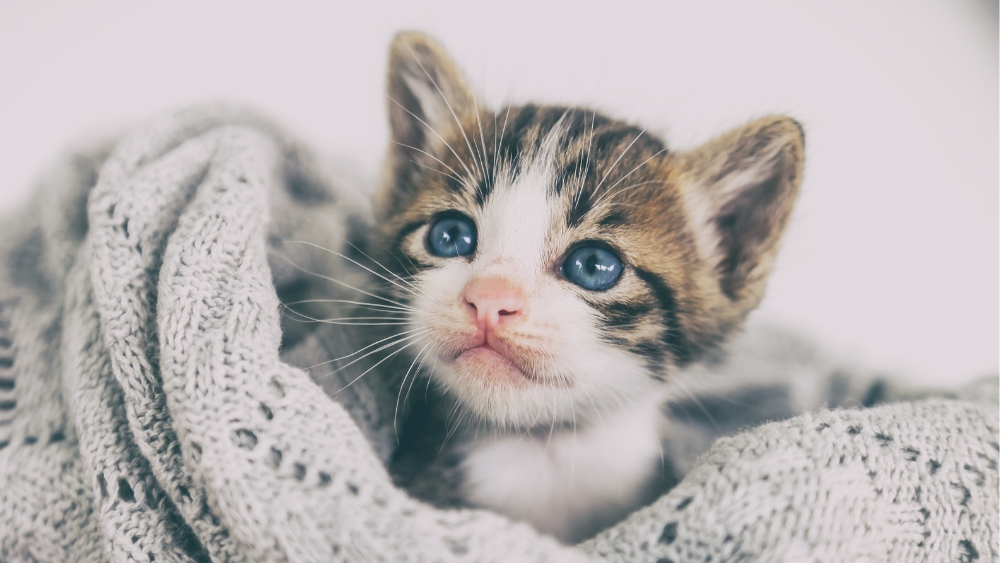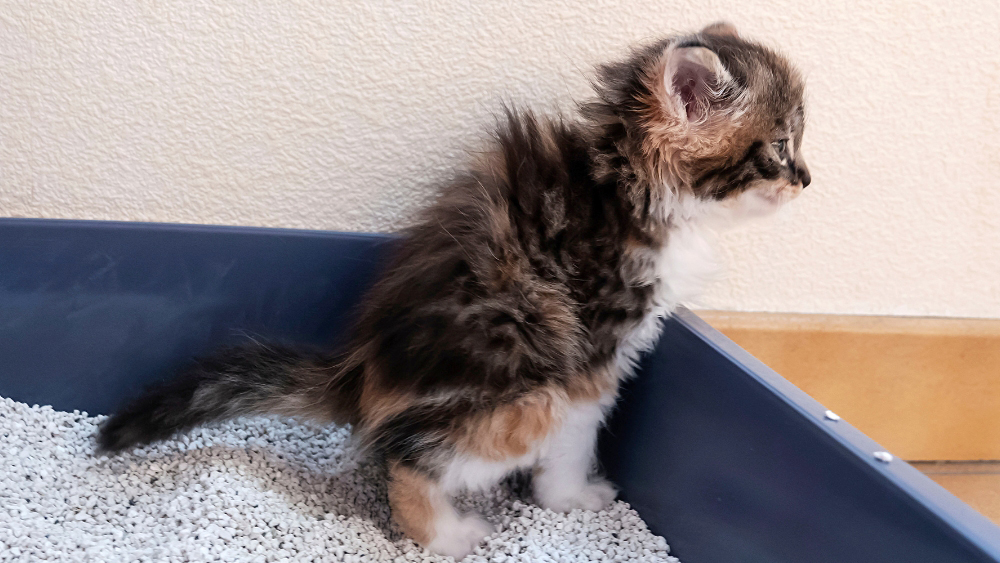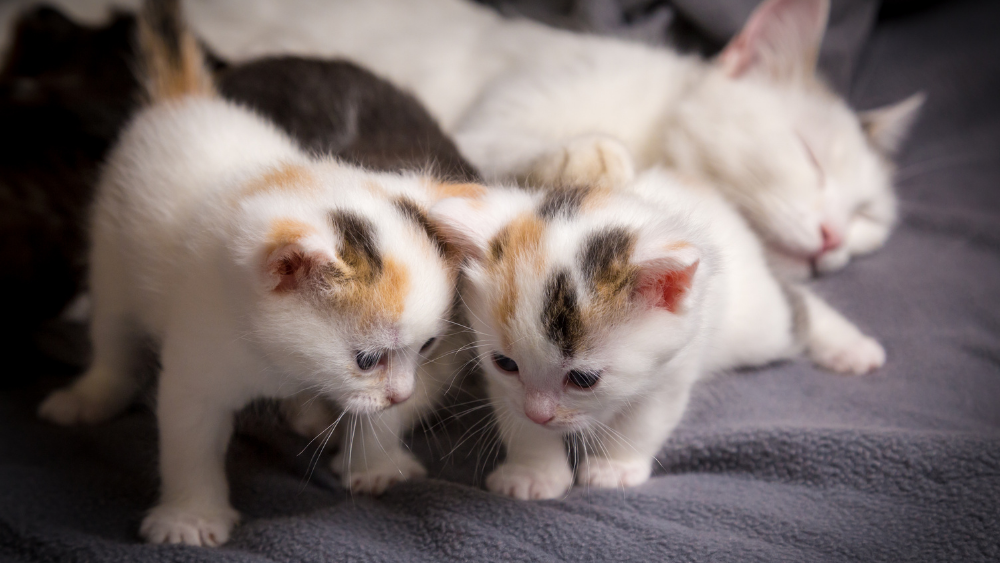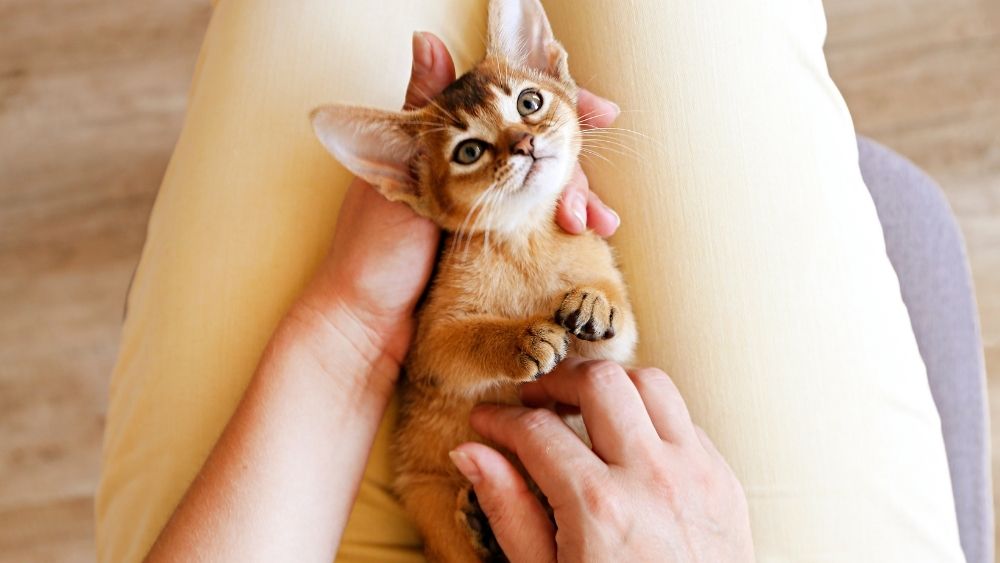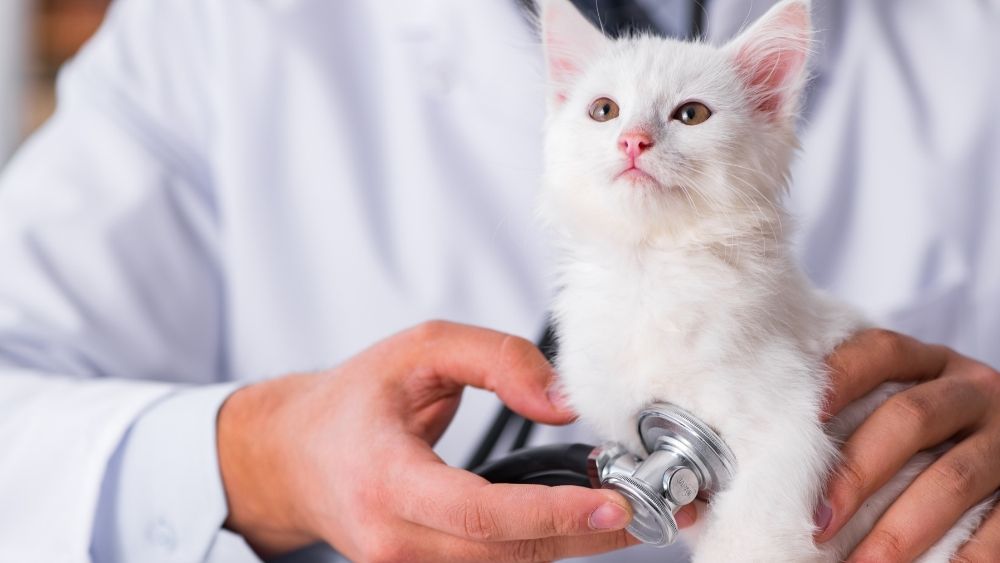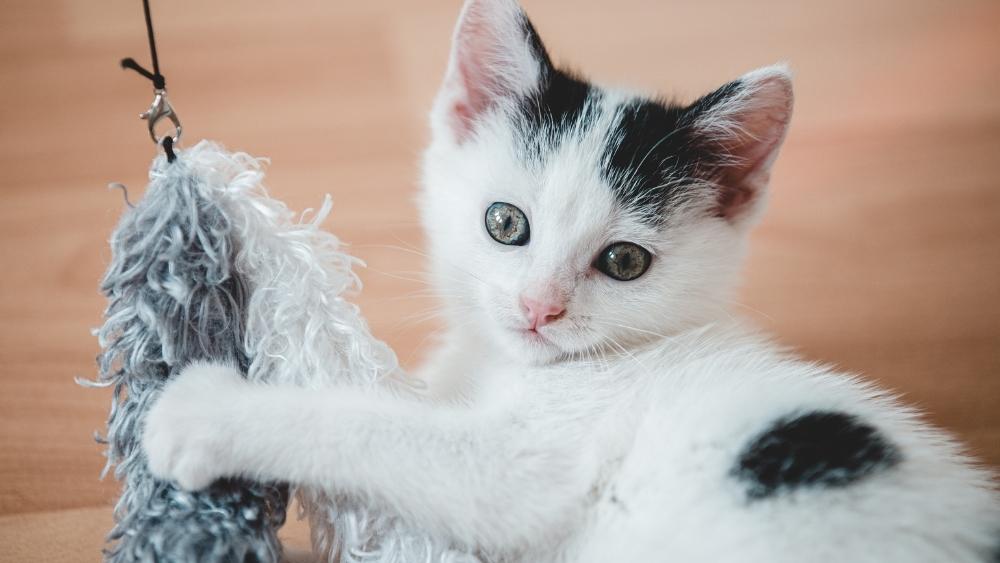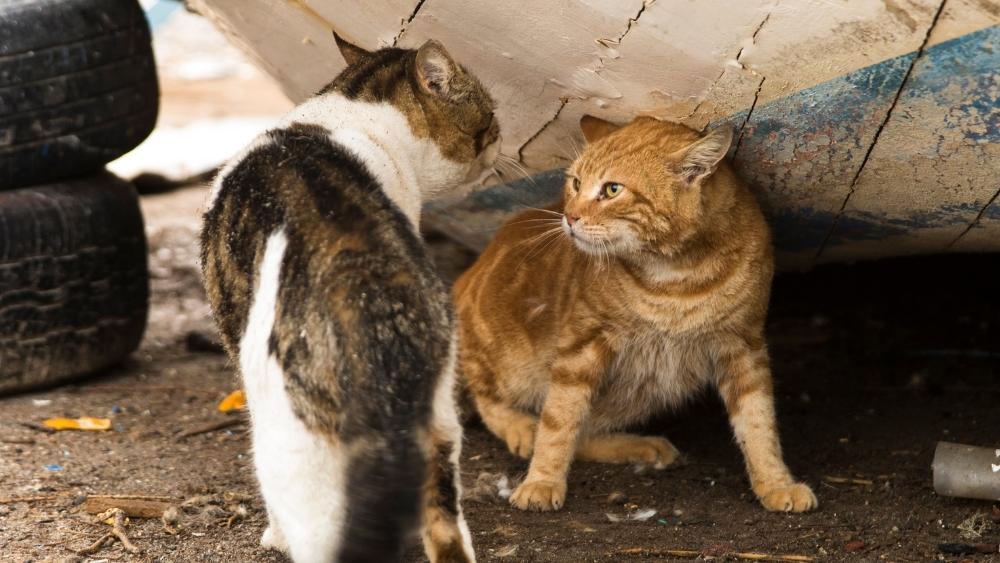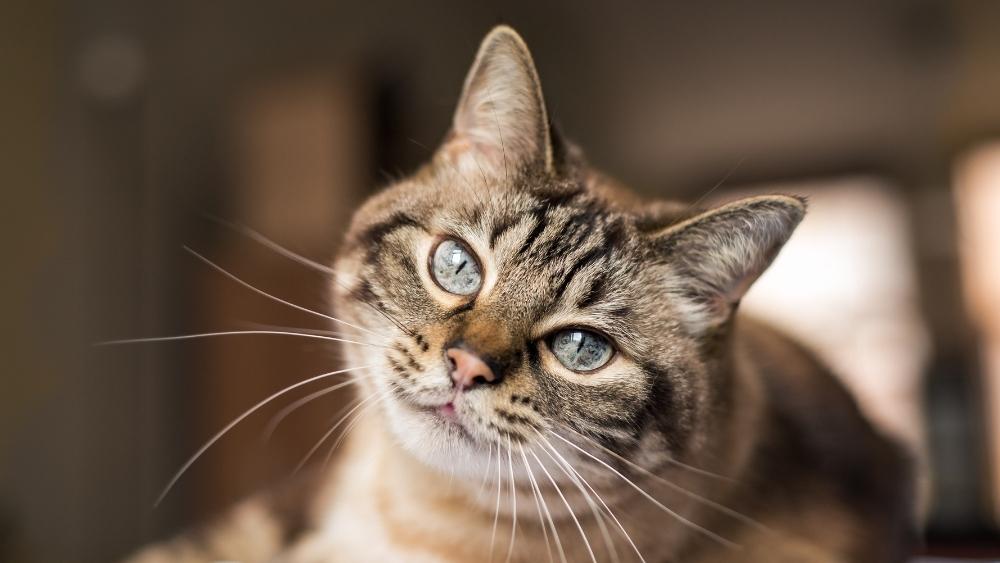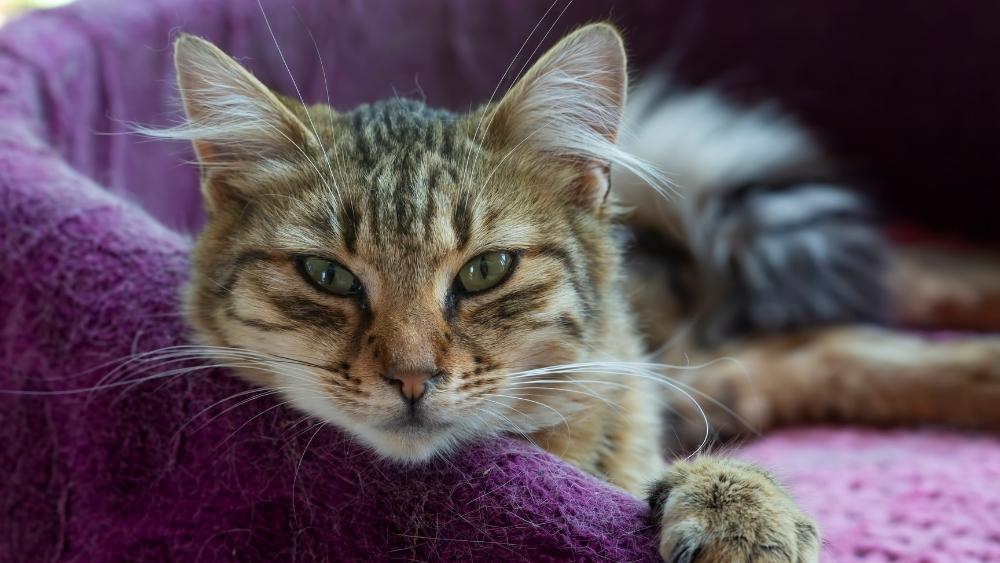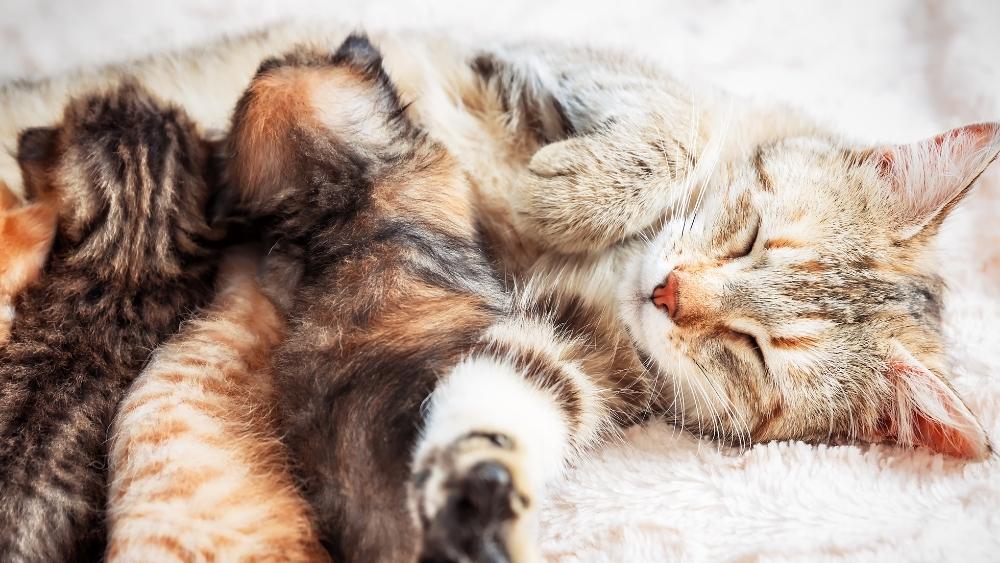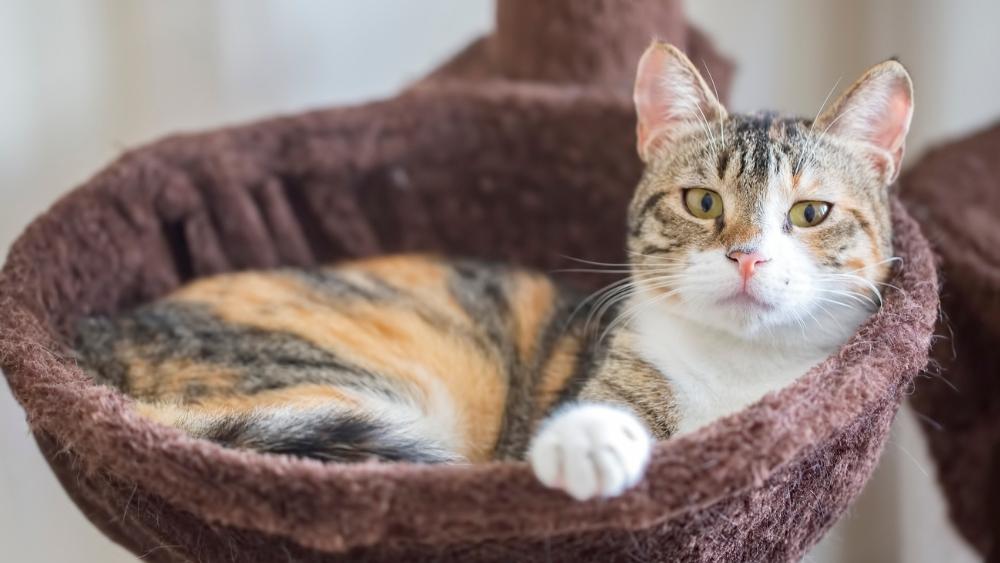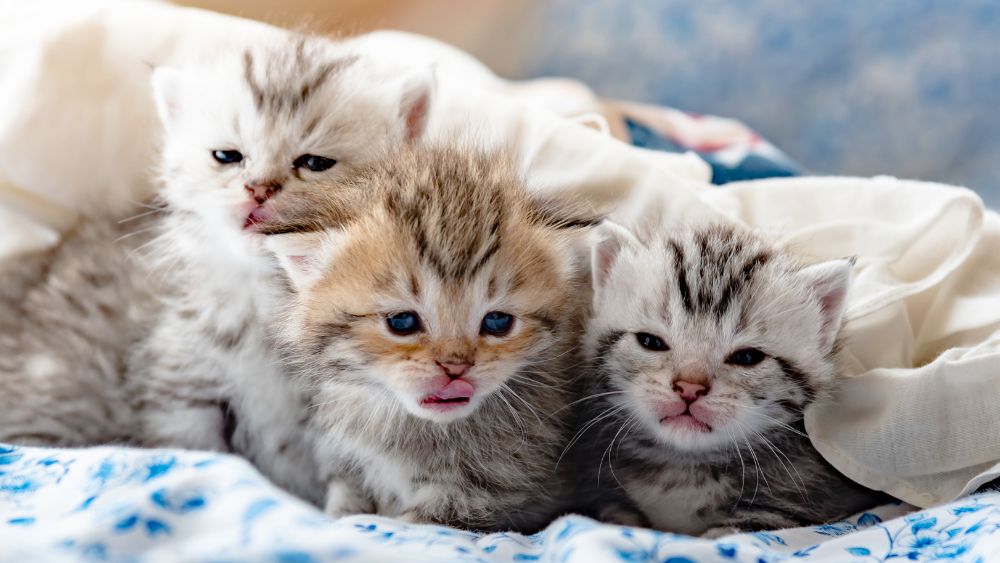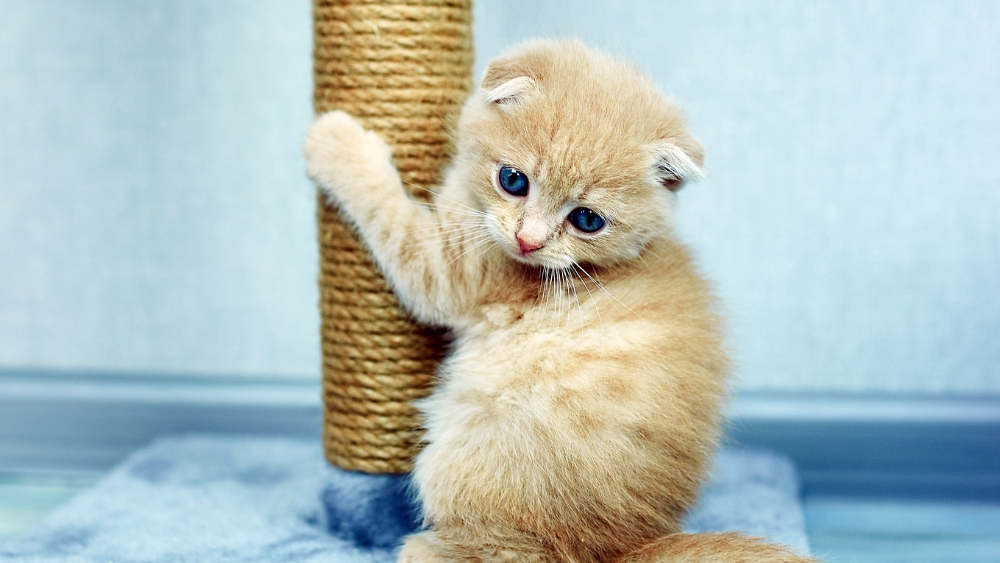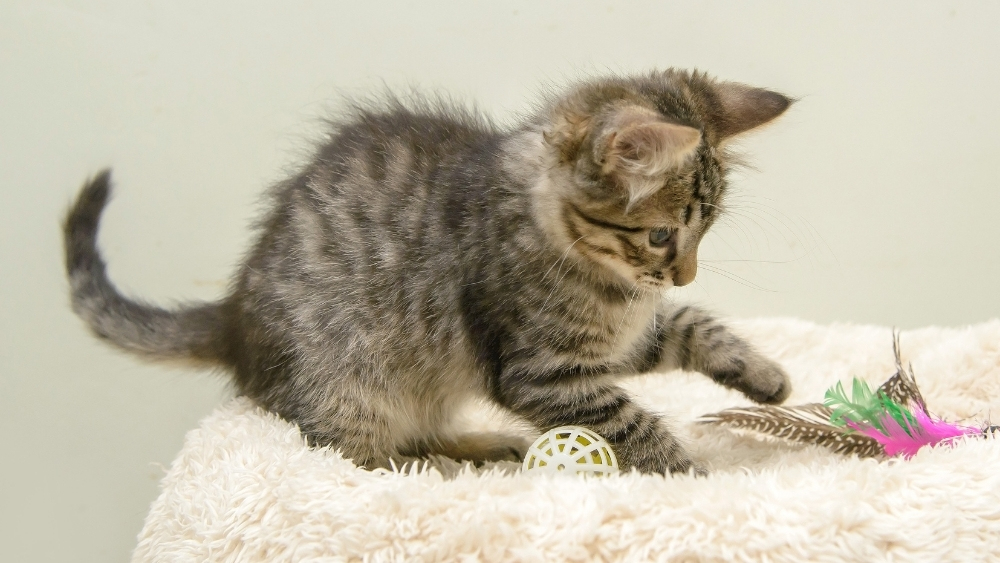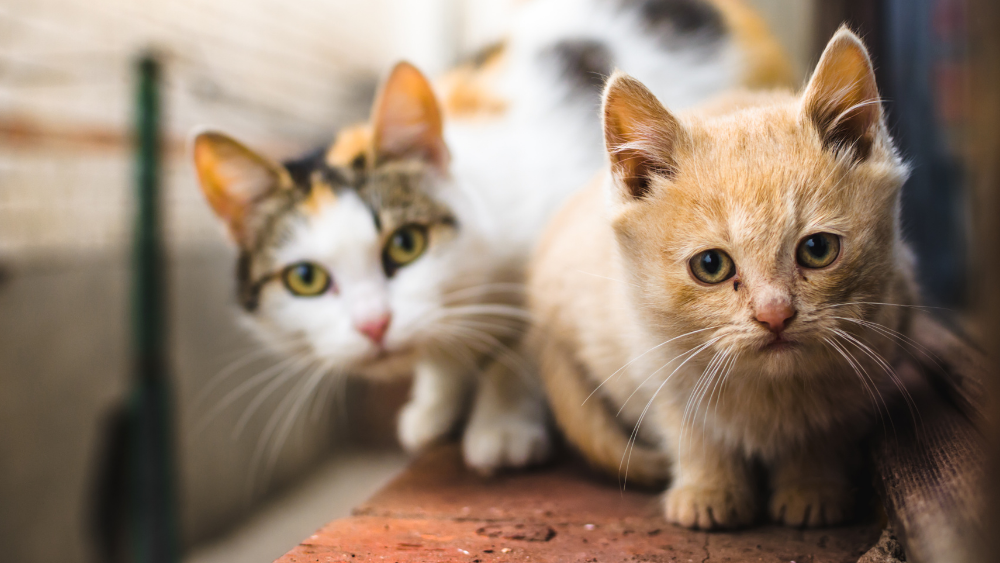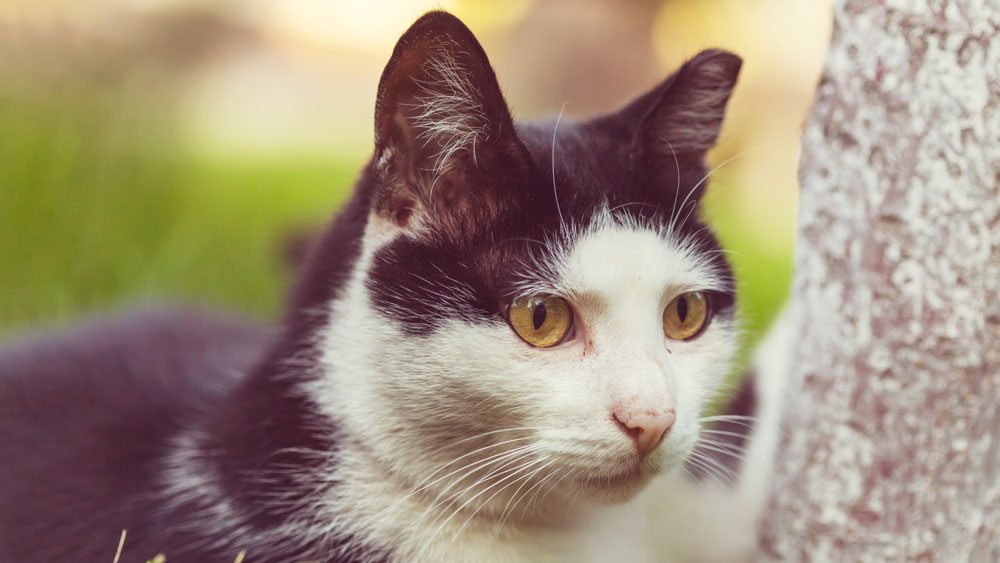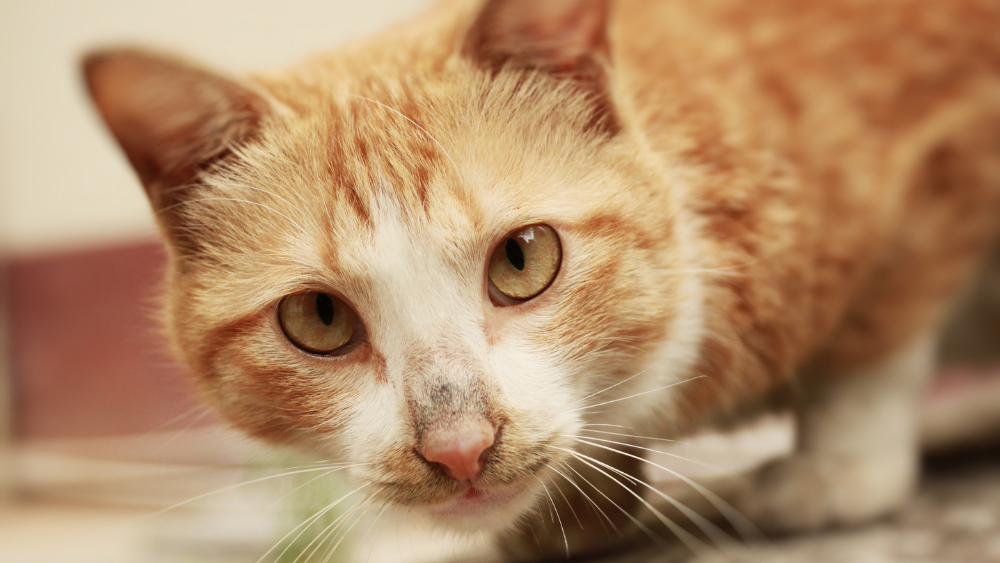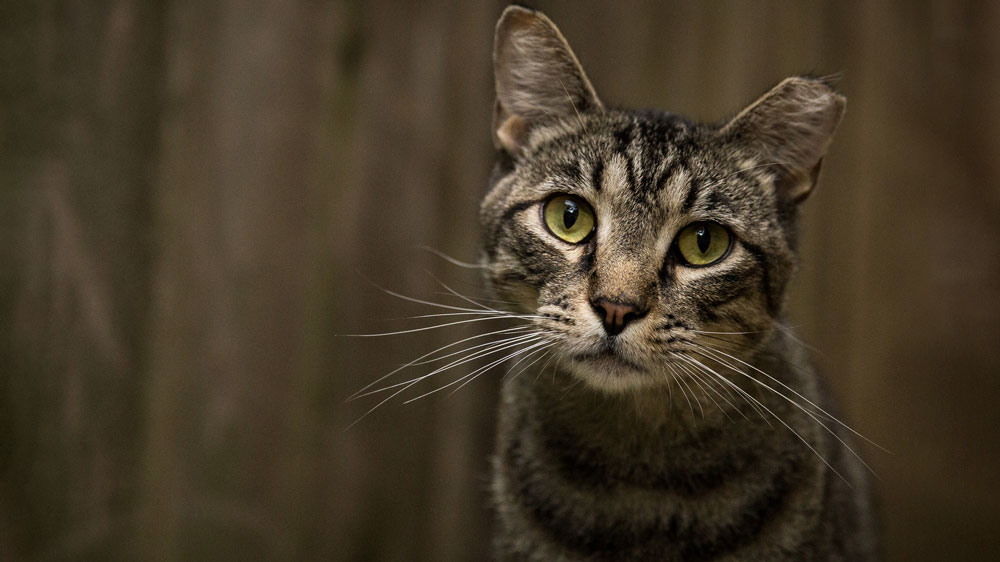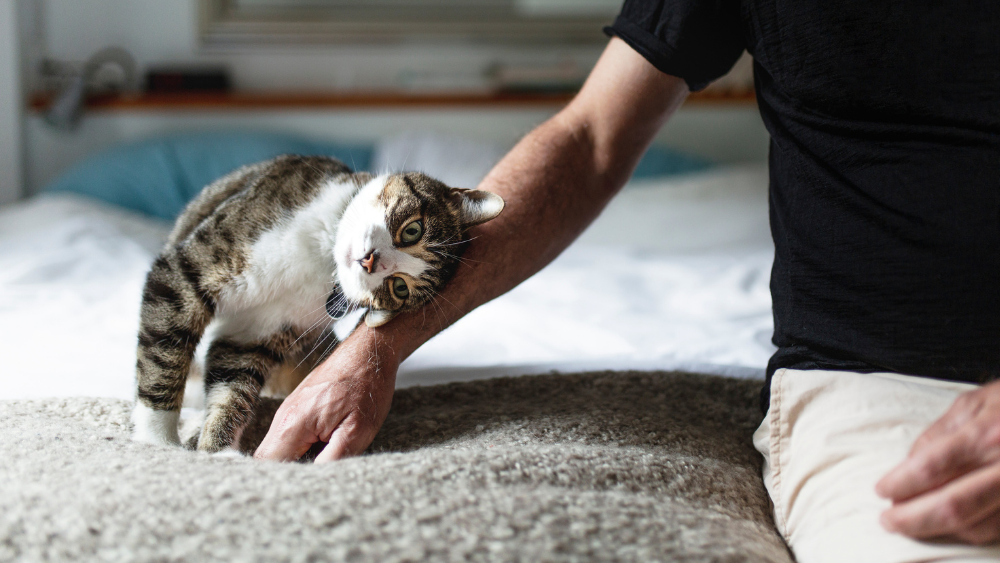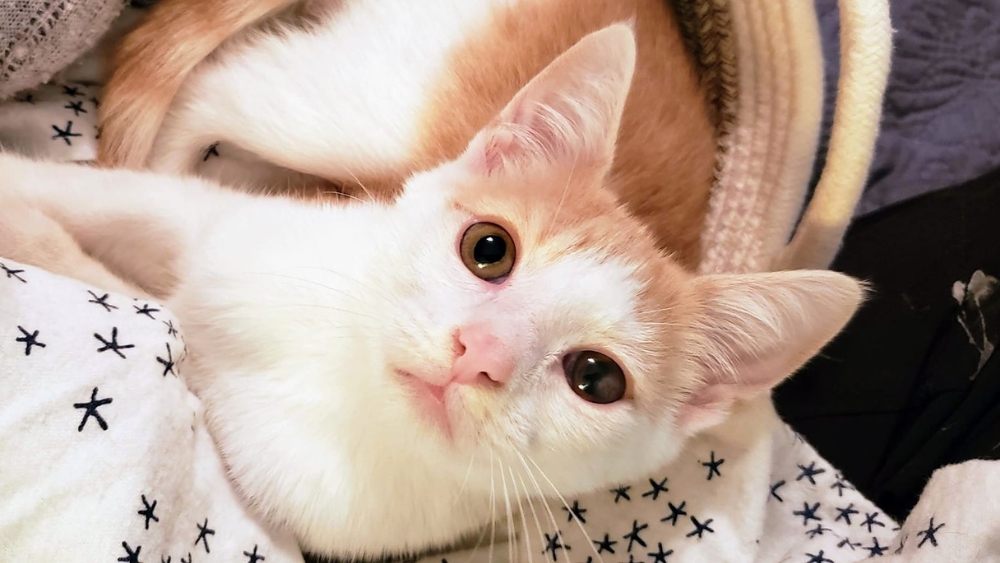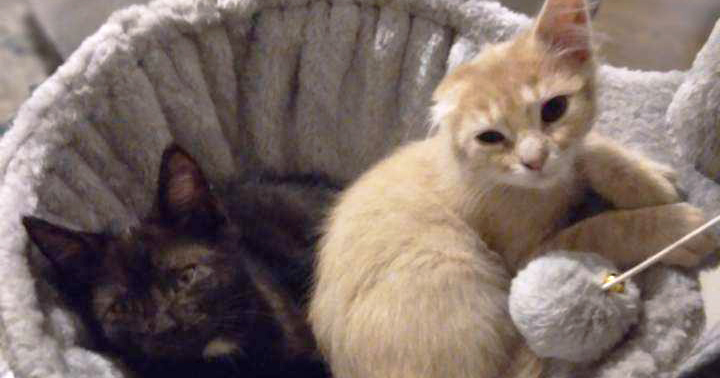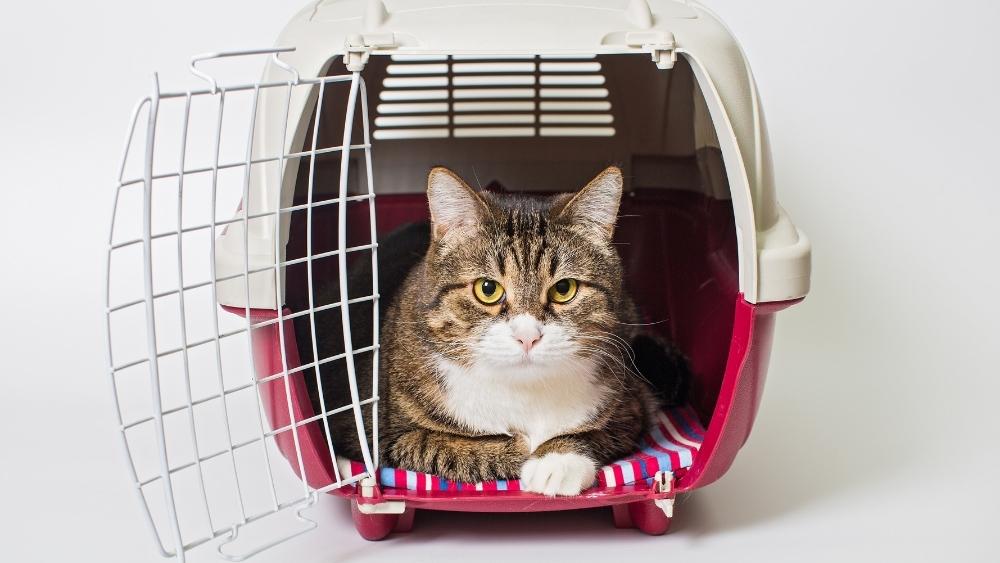Tuesday Tips
Mixing Underage Kittens
Limiting exposure to infectious diseases while providing opportunities for same-species [...]
Twisted Legs in Kittens
Kittens can occasionally be born with one or more legs [...]
Understanding Vascular Ring Anomaly in Kittens
What Is Vascular Ring Anomaly in Kittens? Vascular ring anomaly [...]
Hairballs and Vomiting…What’s It All About?
Vomiting a hairball now and then is, at best, an [...]
Atresia Ani in Kittens
What Is Atresia Ani in Kittens? Atresia ani is a [...]
Coccidiosis in Kittens
What Is Coccidiosis? Coccidiosis is an intestinal tract infection caused [...]
Nasopharyngeal Polyps in Kittens and Cats
What Are Nasopharyngeal Polyps in Kittens and Cats? Nasopharyngeal (refers [...]
Aspiration Pneumonia in Kittens
What Is Aspiration Pneumonia? Aspiration pneumonia may occur in kittens [...]
Kittens and Cats: Handle with Care
The Importance of Gentle Handling Felines of all ages should [...]
Special Focus: Critical Care for Kittens
Critical Care for Kittens–Hypothermia: Part 1 of 4
Medical emergencies involving pets commonly involve trauma (hit by a car, sustained [...]
Critical Care for Kittens–Hypoglycemia: Part 2 of 4
In part 1 of this series on Critical Care for Kittens, we [...]
Critical Care for Kittens–Dehydration: Part 3 of 4
In parts 1 and 2 of this series on Critical Care for [...]
Critical Care for Kittens–Flea Anemia: Part 4 of 4
In parts 1, 2 and 3 of this series on Critical Care [...]
Feline Panleukopenia Virus (aka Distemper) in Kittens: Immediate Care May Save Lives
Sadly, kittens are at highest risk for feline panleukopenia virus (FPV). Even [...]
Common Eye Problems in Kittens
Eye problems in kittens can be acquired through infection or injury in [...]
Understanding the Causes and Treatment for Constipation in Kittens
Constipation is defined as the infrequent, incomplete or difficult defecation with passage of [...]
Preemies: Helping Kittens Born Early
Kittens are born blind, deaf, unable to regulate their body temperature and [...]
Special Focus: Understanding and Defeating Feline Infectious Peritonitis (FIP)
The Role of Feline Coronavirus (FCoV): Part 1 of 5
Understanding and Defeating Feline Infectious Peritonitis (FIP) Part 1 of [...]
The Basics of FIP: Part 2 of 5
NOTE: FIP treatment is rapidly changing. Please visit Cornell Feline [...]
The Symptoms and Diagnosis of FIP: Part 3 of 5
NOTE: FIP treatment is rapidly changing. Please visit Cornell Feline Health [...]
Treatment of FIP: Part 4 of 5
NOTE: FIP treatment is rapidly changing. Please visit Cornell Feline [...]
Control and Prevention of FIP: Part 5 of 5
NOTE: FIP treatment is rapidly changing. Please visit Cornell Feline Health [...]
Special Focus: Understanding Feline Immunodeficiency Virus (FIV)
Understanding Feline Immunodeficiency Virus (FIV): Transmission and Testing
This is part 1 of this 3-part series on FIV. [...]
Understanding Feline Immunodeficiency Virus (FIV): Phases and Symptoms
This is part 2 of this 3-part series on FIV. [...]
Understanding Feline Immunodeficiency Virus (FIV): Prevention and Support
This is part 3 of this 3-part series on FIV. [...]
Special Focus: Understanding Feline Leukemia Virus (FeLV) and Supporting FeLV-Positive Cats
Understanding Feline Leukemia Virus (FeLV) and Supporting FeLV-Positive Cats: Transmission
This is part 1 of this 3-part series on FeLV. Part 2 covers symptoms and diagnosis, and part 3 covers treatment and prevention. [...]
Understanding Feline Leukemia Virus (FeLV) and Supporting FeLV-Positive Cats: Symptoms and Diagnosis
This is part 2 of this 3-part series on FeLV. Part 1 covers transmission, and part 3 covers treatment and prevention. During the [...]
Understanding Feline Leukemia Virus (FeLV) and Supporting FeLV-Positive Cats: Treatment and Prevention
This is part 3 of this 3-part series on FeLV. Part 1 covers transmission, and part 2 covers symptoms and diagnosis. At the [...]
Kitten Care Tips
“Nursing” Gone Wrong: Cross-Sucking in Orphaned Kittens
If you’ve encountered cross-sucking in kittens you’ve fostered, you know [...]
Good Kitty: Satisfying Your Kitten’s Need to Scratch and Saving Your Furniture
Scratching is normal cat behavior. Kittens begin to retract their claws [...]
One Is the Loneliest Number: Single Kitten “Syndrome” Behaviors
Have you ever heard an animal shelter or rescue organization [...]
Special Focus: Trap-Neuter-Return
Effectively Managing Community Cats with Trap-Neuter-Return (TNR): Considerations for Moms and Kittens
Kittens have their best chance of survival with a healthy [...]
Effectively Managing Community Cats: Veterinarians Are Just What the Doctor Ordered
Veterinarians play a critical role in the wellbeing of feral [...]
Effectively Managing Community Cats: Words and Actions Matter
The term “feral” should only be used to refer to [...]
Effectively Managing Community Cats: Trap-Neuter-Return (TNR)
TNR had its beginnings in the United Kingdom in the [...]
Effectively Managing Community Cats: Feral or Stray?
Community cats may be feral cats living outdoors who are [...]
The Kitten Post
To receive The Kitten Post in your inbox, quarterly, sign up for it here!
A Foster Mom’s Diary of a Resilient Kitten
Although most dream of warm, relaxing summer days, every kitten [...]
A Tiny Tiger’s Fight for Survival
Even as a recent graduate from an accelerated veterinary technician school, I [...]
If Emergency Strikes: Be Prepared and Keep Calm
It’s finally summer. Fun-in-the-sun time. Not so fast. Even if [...]
